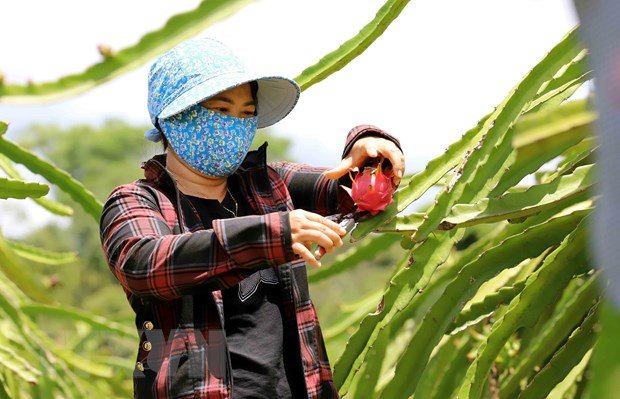Introduction
As the global population continues to grow, so does the demand for food, leading to increased pressure on our planet’s resources. In the face of environmental challenges like climate change, soil degradation, and water scarcity, sustainable farming practices have emerged as a crucial solution. These practices aim to meet the world’s food needs while minimizing the negative impacts on our environment. In this article, we will explore the evolution of sustainable farming and its significance in forging a greener future for agriculture.
The Birth of Sustainable Agriculture
Sustainable farming, also known as sustainable agriculture, is not a new concept. It draws its roots from centuries-old traditional farming practices that respected the natural ecosystem. However, the modern movement towards sustainability gained momentum in the mid-20th century in response to the adverse effects of conventional farming methods.
The Green Revolution, which began in the 1940s, introduced high-yielding crop varieties, synthetic fertilizers, and pesticides. While it significantly increased agricultural productivity, it also led to concerns about soil degradation, water pollution, and biodiversity loss.
Recognizing these issues, sustainable agriculture advocates began to promote alternative farming techniques that sought to strike a balance between productivity and environmental preservation.
Key Principles of Sustainable Farming
- Soil Health: Sustainable farming prioritizes soil health by promoting practices like crop rotation, cover cropping, and reduced tillage. These methods improve soil structure, fertility, and resilience.
- Water Conservation: Efficient water management is crucial in sustainable farming. Techniques such as drip irrigation, rainwater harvesting, and the use of drought-resistant crops help reduce water consumption.
- Biodiversity: Sustainable farms often promote biodiversity through practices like agroforestry, which combines crops and trees, and the preservation of natural habitats on farmland. This supports pollinators, reduces pests, and enhances overall ecosystem health.
- Reduced Chemical Inputs: Minimizing the use of synthetic fertilizers and pesticides is a fundamental principle of sustainable farming. Organic farming, for example, relies on natural methods of pest control and nutrient management.
- Energy Efficiency: Sustainable farms aim to reduce energy consumption through practices like the use of renewable energy sources, energy-efficient machinery, and sustainable transportation.
Benefits of Sustainable Farming
- Environmental Conservation: Sustainable farming reduces soil erosion, water pollution, and greenhouse gas emissions. It also promotes the conservation of natural habitats and the preservation of biodiversity.
- Economic Viability: Many sustainable farming practices can lead to cost savings for farmers over time, as they reduce the need for expensive inputs like synthetic fertilizers and pesticides.
- Improved Food Quality: Sustainable farming often results in healthier, nutrient-dense crops, which can have positive effects on human health.
- Resilience to Climate Change: By enhancing soil health and biodiversity, sustainable farming practices can make agriculture more resilient to the impacts of climate change, such as droughts and extreme weather events.
- Community Engagement: Sustainable farming can strengthen local communities by fostering relationships between farmers, consumers, and local businesses.
Conclusion
Sustainable farming is not just an option; it is a necessity for our planet’s future. The evolution of sustainable agriculture is a testament to our growing awareness of the environmental challenges posed by conventional farming practices. By implementing these sustainable methods, we can ensure a steady supply of food while preserving the Earth’s ecosystems for generations to come. It is a path to a greener and more sustainable future for agriculture and the planet as a whole.



